Multiplication of Integers Worksheets
Multiplication is an essential mathematical skill that students need to develop, and one great way to reinforce their understanding is through engaging worksheets. These worksheets provide a structured format for students to practice multiplying integers, an important concept in middle school math. By using these worksheets, both teachers and parents can equip students with the necessary skills to confidently tackle real-world problems involving multiplication of integers.
Table of Images 👆
- Absolute Value Integers Opposites Worksheet
- Multiplying Integers Worksheet
- These Algebra 1 - Exponents Worksheets
- Math Addition Worksheets 2nd Grade
- 3rd Grade Math Word Problems Worksheets
- Equation
- Order of Operations Worksheets 5th
- Simplify Expressions Worksheet
- Adding Integers Word Problems
- Fraction Number Line Worksheets
- Simplifying Expressions Worksheets 7th Grade
- Number Patterns Worksheets Kindergarten
- 7th Grade Math Word Problems
More Other Worksheets
Kindergarten Worksheet My RoomSpanish Verb Worksheets
Cooking Vocabulary Worksheet
DNA Code Worksheet
Meiosis Worksheet Answer Key
Art Handouts and Worksheets
7 Elements of Art Worksheets
All Amendment Worksheet
Symmetry Art Worksheets
Daily Meal Planning Worksheet
What is the definition of multiplication of integers?
The multiplication of integers is a mathematical operation that involves combining two integers to find their product, which is the result of repeated addition. When multiplying integers, the sign rules dictate that a positive integer multiplied by a positive integer results in a positive product, while a negative integer multiplied by a negative integer also results in a positive product. However, if one integer is positive and the other is negative, the product is negative.
How is the product of two positive integers obtained?
The product of two positive integers is obtained by multiplying the two numbers together.
How is the product of a positive integer and a negative integer obtained?
The product of a positive integer and a negative integer is obtained by multiplying the absolute values of the two integers together and then assigning the negative sign to the result. In other words, multiplying a positive integer and a negative integer always results in a negative product.
How is the product of two negative integers obtained?
When you multiply two negative integers, the product will be positive. This is because when you multiply two negative numbers, the negative signs cancel each other out, resulting in a positive value.
How does the commutative property apply to multiplication of integers?
The commutative property applies to multiplication of integers by stating that changing the order of the factors does not change the product. In other words, when multiplying integers, you can change the order of the numbers being multiplied without changing the result. For example, 2 x 3 is the same as 3 x 2, both equal to 6.
How does the associative property apply to multiplication of integers?
The associative property states that for any three integers a, b, and c, the order in which the integers are multiplied does not affect the result. In the case of multiplication of integers, this means that (a * b) * c is equal to a * (b * c) for all integers a, b, and c. This property allows us to group integers in different ways without changing the final product when multiplying.
How does the distributive property apply to multiplication of integers?
The distributive property states that for any integers a, b, and c, a * (b + c) = a * b + a * c. When applying the distributive property to the multiplication of integers, you can distribute the multiplicative factor to each term inside the parentheses. For example, 2 * (3 + 4) = 2 * 3 + 2 * 4, which simplifies to 2 * 7 = 6 + 8, resulting in 14 = 14. This property allows you to break down multiplication operations involving integers and simplify them by expanding and distributing.
Can the product of two integers ever be zero? If so, when?
Yes, the product of two integers can be zero. This occurs when at least one of the integers is zero. When you multiply any integer by zero, the result will always be zero.
What happens when the product of two integers is negative?
When the product of two integers is negative, it means that the two integers have opposite signs. In other words, one integer is positive and the other is negative. The result of multiplying these integers together will be negative due to the rule that states a positive number multiplied by a negative number equals a negative number.
How can the concept of multiplication of integers be applied in real-life situations?
The concept of multiplication of integers can be applied in real-life situations in various ways, such as calculating the total cost of multiple items when shopping, determining the amount of money earned or spent over time, calculating the area of a rectangular space, determining distances traveled over time, and even in understanding growth rates such as population increase or investment returns. By using multiplication, we can efficiently handle and analyze quantities that involve whole numbers in everyday scenarios.
Have something to share?
Who is Worksheeto?
At Worksheeto, we are committed to delivering an extensive and varied portfolio of superior quality worksheets, designed to address the educational demands of students, educators, and parents.

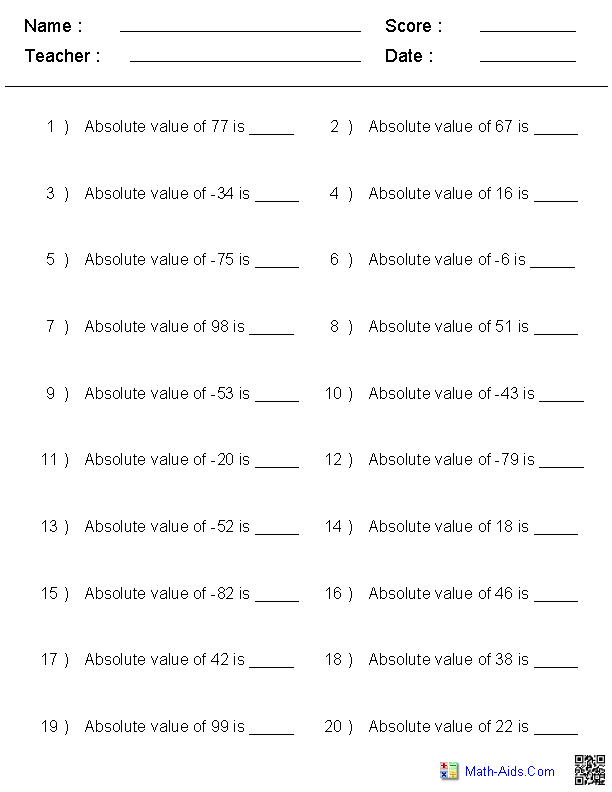



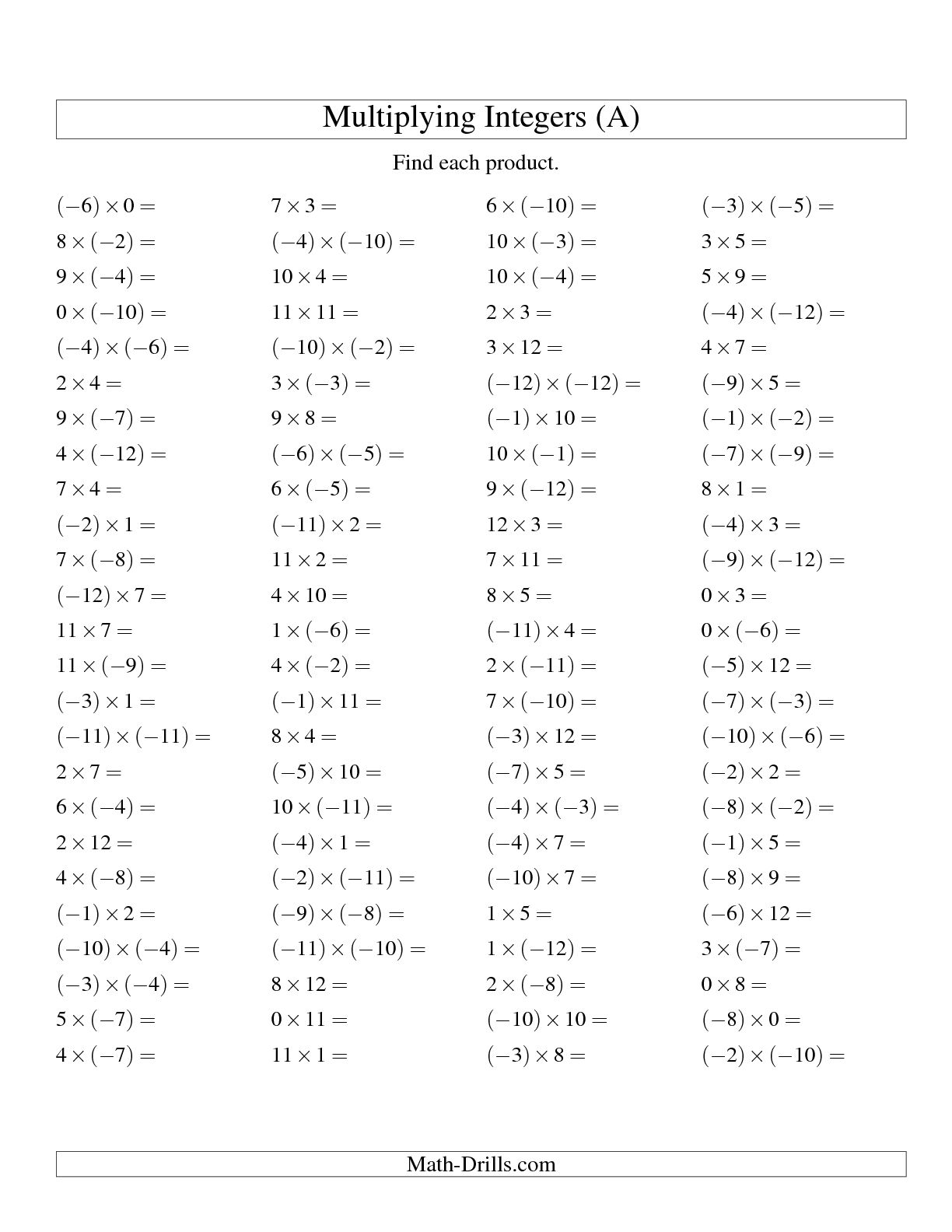
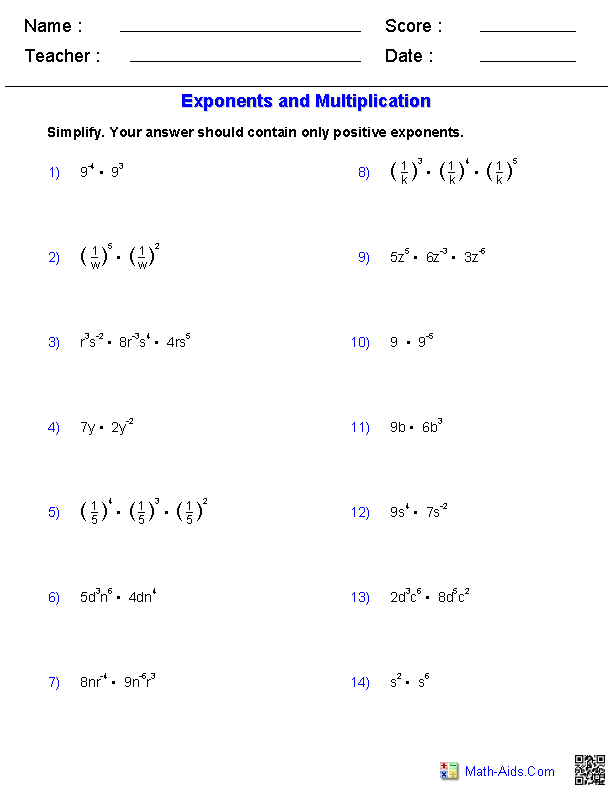
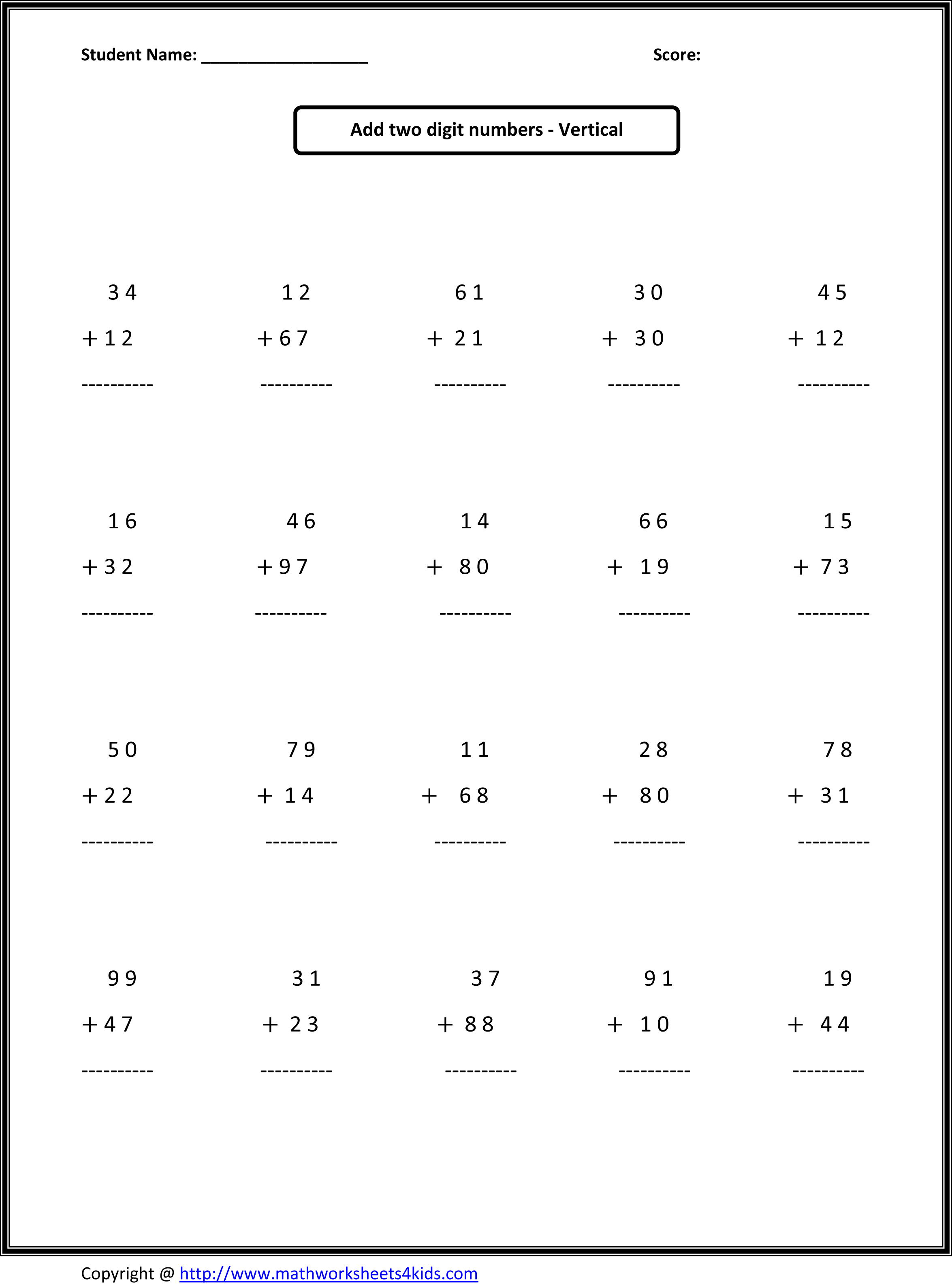
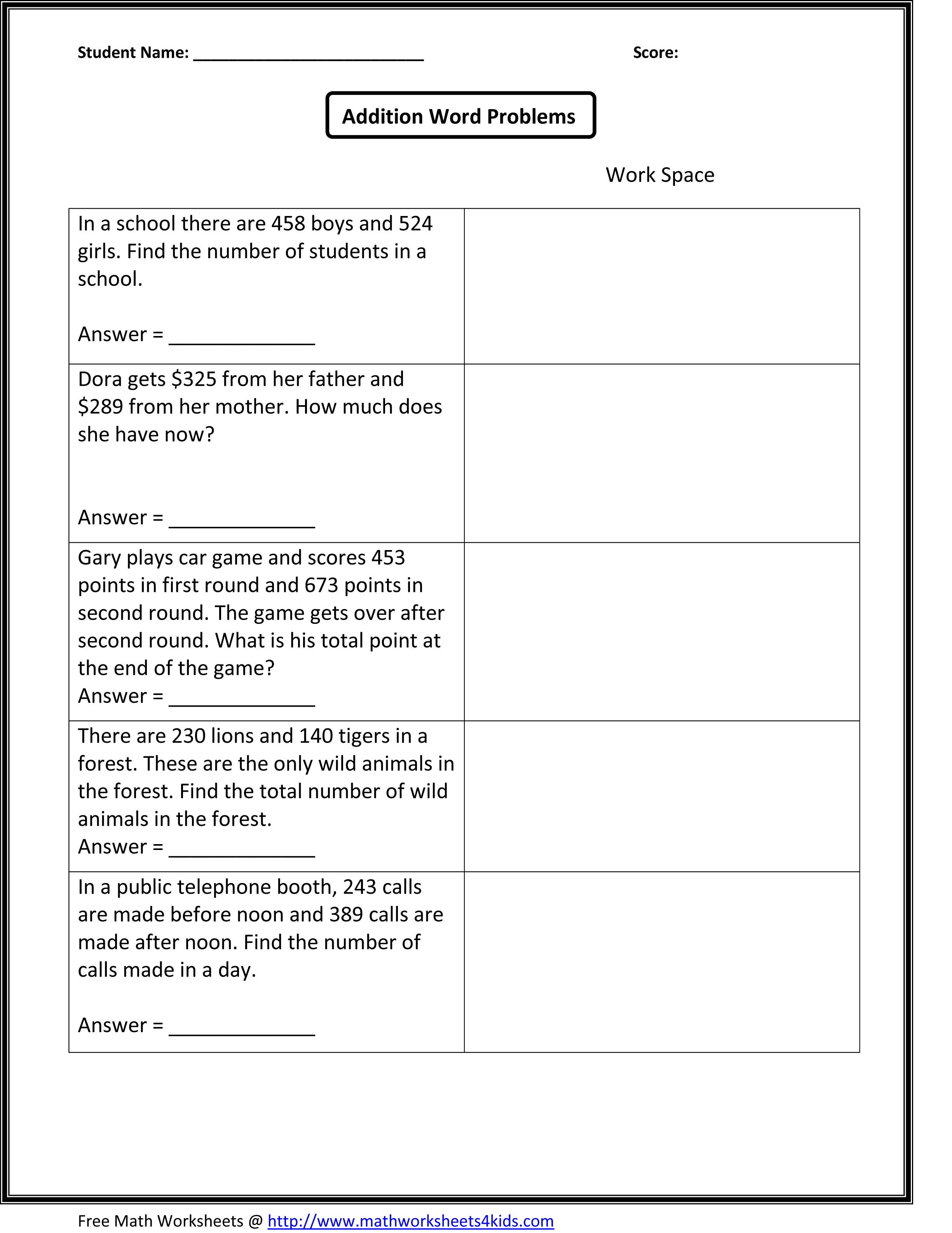
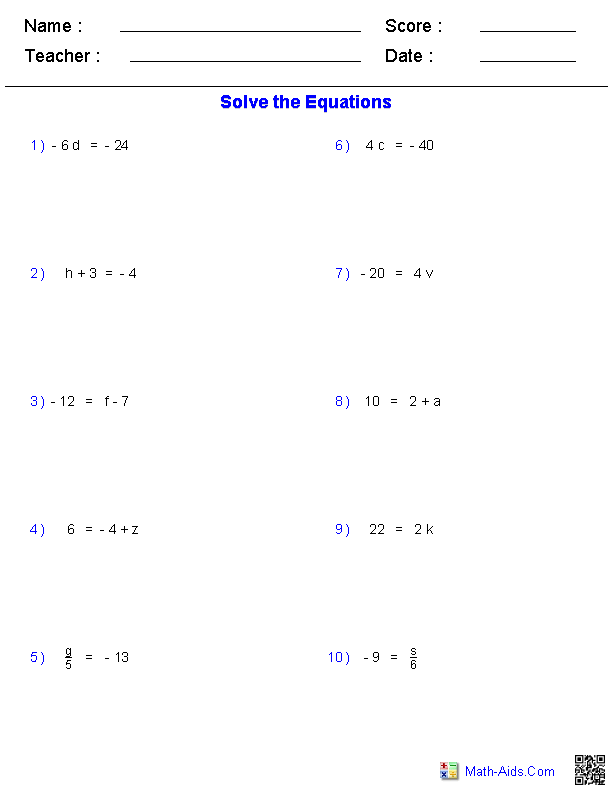
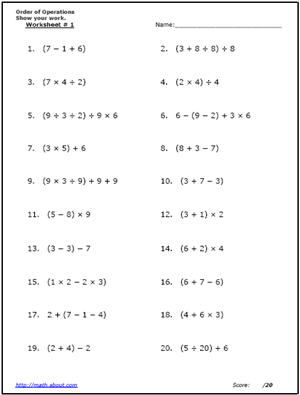
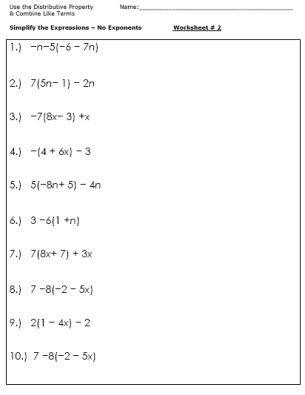
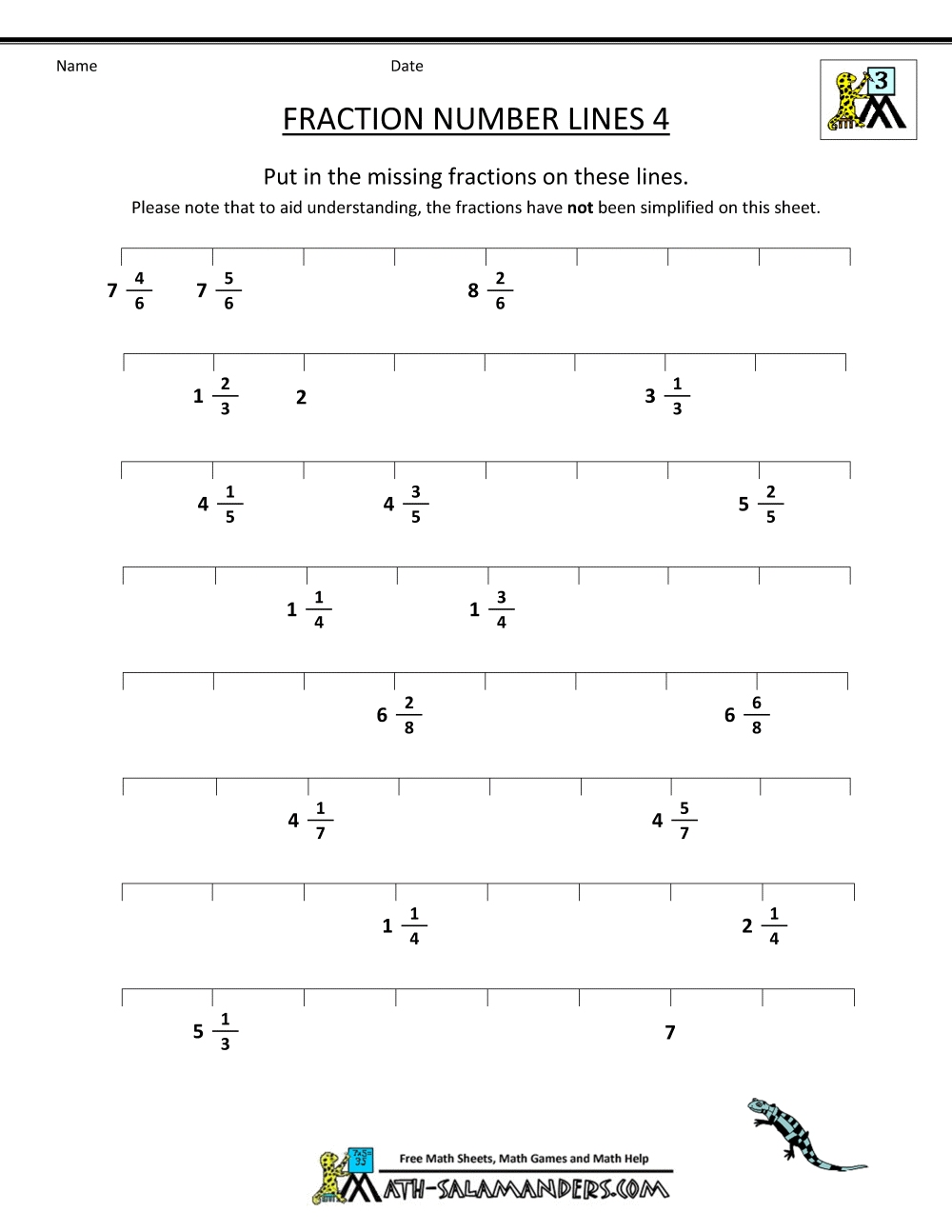
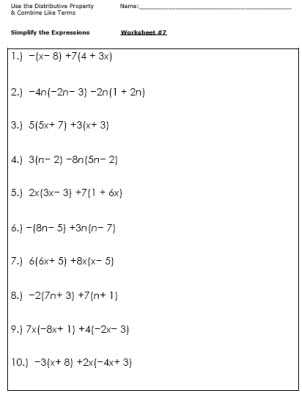
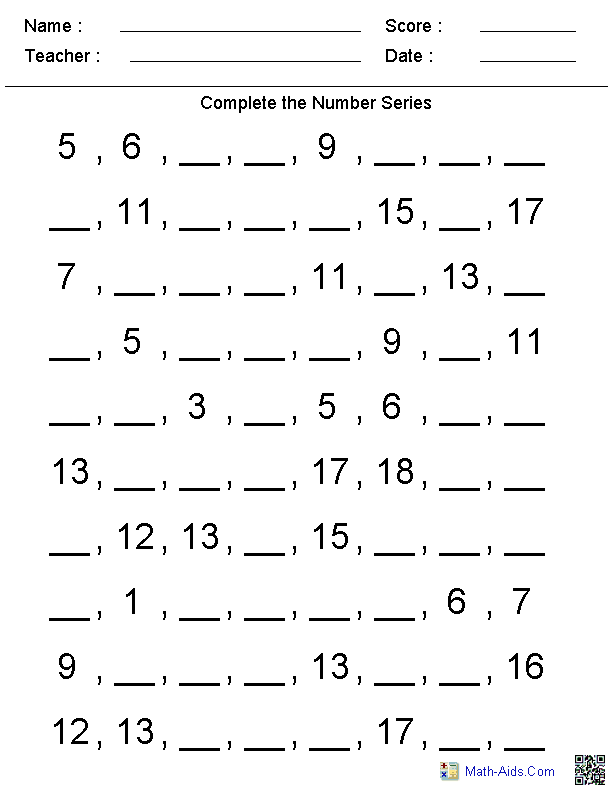
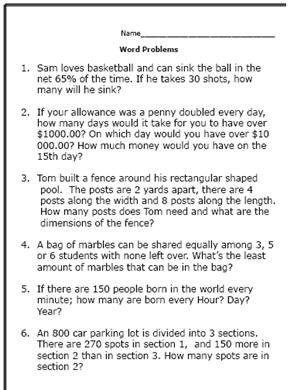














Comments